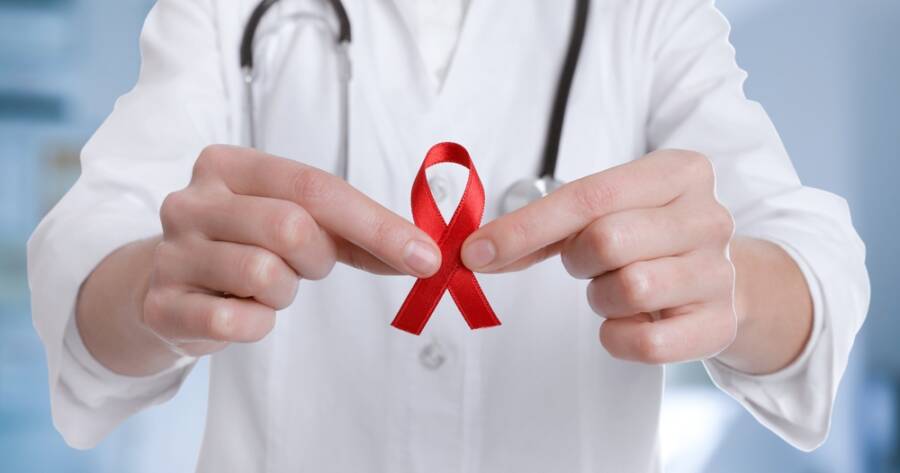HIV, or human immunodeficiency virus, is a well-known infection. However, some forms of HIV are not easy to detect, known as “hidden HIV.” This type can go unnoticed for years, which might lead to delays in treatment. Understanding hidden HIV is crucial for keeping yourself and others safe.
What is Hidden HIV?
Hidden HIV refers to a state where the virus is present in the body but remains undetectable using standard tests. This is because the virus can hide in different parts of the body, such as organs and tissues. While regular HIV tests are designed to detect the virus in the bloodstream, hidden HIV hides in “reservoirs” where it isn’t easily found.
Even though the virus is not easily detected, it can still cause harm. It can continue to weaken the immune system, making the person vulnerable to other infections. The virus may also become active later and start spreading again.
Signs and Symptoms of Hidden HIV
Hidden HIV may not always show clear symptoms, making it difficult to detect. However, some people with hidden HIV may experience ongoing fatigue, unexplained weight loss, or frequent infections. These signs occur because the immune system weakens over time, even if standard tests don’t detect the virus.
Other symptoms can include night sweats, swollen lymph nodes, and prolonged fever. Since these symptoms can also be linked to other conditions, it’s important to consult a healthcare provider if they persist or worsen. Regular check-ups are key to catching hidden HIV early.
Why Hidden HIV Matters
Hidden HIV is dangerous because it often goes unnoticed. A person may believe they are HIV-free if standard tests come back negative. This can lead to a false sense of security and result in risky behaviors that spread the virus to others.
Moreover, hidden HIV makes it harder to manage the infection. While treatments exist to control HIV, they are most effective when started early. Delays in diagnosis due to hidden HIV can make the condition harder to treat.
Who is at Risk?
Anyone who has been exposed to the virus can potentially have hidden HIV. People who engage in risky behaviors, such as unprotected sex or sharing needles, are at higher risk. However, hidden HIV can also occur in individuals who were previously diagnosed with HIV and treated.
Even people on antiretroviral therapy (ART) might have hidden HIV. While ART helps control the virus, it doesn’t completely eliminate it. Some parts of the virus can still remain hidden in the body. Over time, these hidden parts may become active again, which is why ongoing treatment is necessary.
How is Hidden HIV Detected?
Standard HIV tests might miss hidden HIV. However, advanced tests, like the “HIV reservoir” test, can detect traces of the virus in different parts of the body. These tests are more complex and often not part of routine screenings.
Researchers are constantly working to improve testing methods to find hidden HIV more effectively. This is important because earlier detection can lead to better treatment outcomes.
Can Hidden HIV Be Treated?
Currently, there is no cure for hidden HIV. Antiretroviral therapy (ART) is the best option available to manage the virus. ART helps control the virus by keeping it at low levels in the body, reducing the risk of it becoming active again.
New research is exploring different strategies to treat hidden HIV. One approach is to “wake up” the hidden virus so it can be targeted by treatments. Another strategy focuses on strengthening the immune system to fight off the virus even when it is hiding.
The Future of HIV Research
The future of HIV research is focused on finding ways to detect and treat hidden HIV more effectively. Scientists are also looking for a potential cure. A major challenge is developing treatments that can target the hidden virus without harming other parts of the body.
Promising research is being done on vaccines that could prevent HIV entirely. These vaccines are still in development but could play a key role in reducing the number of people affected by both regular and hidden HIV.
Learn More About Hidden HIV
Hidden HIV is a serious challenge in the fight against the virus. Although it remains undetectable by standard tests, it can still cause damage and spread. People should remain vigilant, get tested regularly, and consult their healthcare provider if they have concerns about possible HIV exposure.
By staying informed and supporting ongoing research, we can move closer to better detection, treatment, and potentially a cure for all forms of HIV, including the hidden type.




